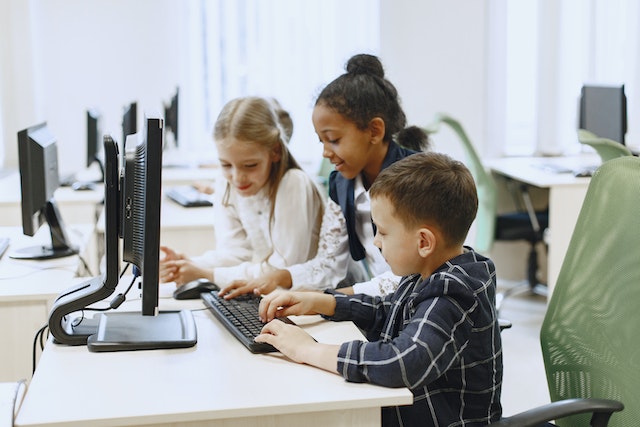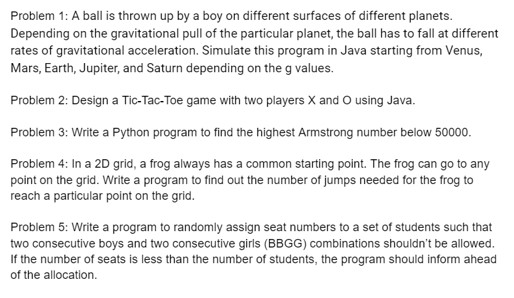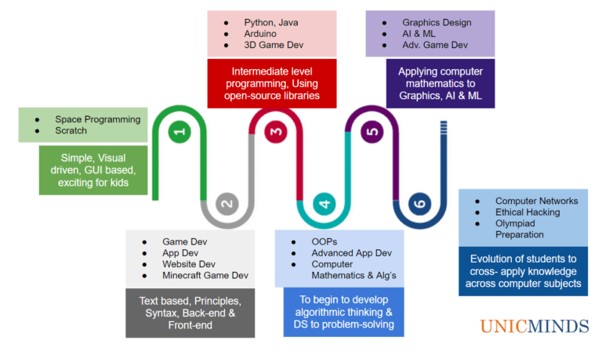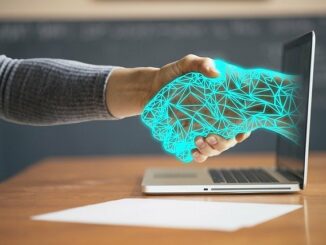
Coding is an important opportunity for children today – an opportunity to create, explore, and solve problems. Getting kids into coding as early as possible will help them in their growing years as coding involves both left brain and right brain activity, which reaps a lot of benefits in the long run.
Writing a program is a way to tell the computer ‘what to do’ and ‘how to do’ in order to achieve a desired solution. Children can start early to learn block-based coding from platforms such as Scratch and Thunkable. The focus in block-based programming courses for kids is to learn the essence of constructs and the logical approach to coding rather than being bogged down in the details of syntax. Block-based coding interfaces make it simple for children to learn coding via. a simple drag-and-drop visual interface that will take them away from the unnecessary details.
Kids should first develop an understanding of the basic building blocks of programming such as variables, data-types, loops, conditional statements, operators, arrays, input and output. While Scratch is a good place to start for young children such as 6 to 8 year olds, Python is especially a very good introductory programming language for tweens and teenagers. In top coding courses for children such as UnicMinds, children spend time writing more than 100 programs throughout classwork and about 40 programs throughout homework. This enables children to develop solid foundations in programming constructs that are useful across any programming language.
Kids spend time working on problems such as below throughout their course duration.

Learning to code will help children to also strengthen their basics in mathematics. For example, students will strengthen their basics on topics such as factorials, number series, and progressions, while they’re simultaneously solving programming problems using pseudo code and algorithms. Coding and Mathematics work as complementary subjects that drive the overall development of children in Science, Technology, Engineering and Mathematics (STEM) subjects. Coding for kids and teenagers is an absolute essential today. Kids develop practical skills in problem-solving, mathematics, sequential logic, critical thinking skills, creativity, and debugging complex problems.
While learning Python or any such programming language, children also learn the best principles of programming such as indentation, commenting, meaningful naming, single purpose for functions, classes and objects, and proper messaging. Children can progress from block-based programming languages to text-based programming languages and to more complex programming using data structures, algorithms, and computer mathematics. Not only can children learn Scratch, Python and Java, but also they can learn a range of higher level computer courses in game development, AI & ML, Ethical Hacking, and Arduino and enhance their understanding of computer-science.

Hope this is useful, thank you.








